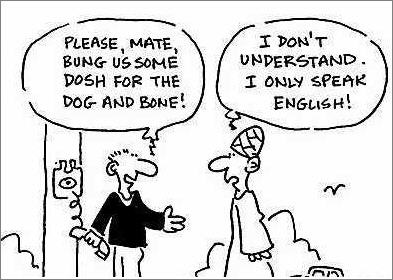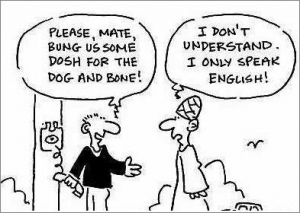
Humor for Writers – English Language Quirks
 Humor for Writers – English Language Quirks
Humor for Writers – English Language Quirks
Did you know that “verb” is a noun?
How can you look up words in a dictionary if you can’t spell them?
If a word is misspelled in a dictionary, how would we ever know?
If two mouses are mice and two louses are lice, why aren’t two houses hice?
If Webster wrote the first dictionary, where did he find the words?
If you wrote a letter, perhaps you bote your tongue? If you’ve read a book, you can reread it. But wouldn’t this also mean that you would have to “member” somebody in order to remember them?
In Chinese, why are the words for crisis and opportunity the same?
Is it a coincidence that the only 15 letter word that can be spelled without repeating a letter is uncopyrightable?
Is there another word for a synonym?
Shouldn’t there be a shorter word for “monosyllabic”?
What is another word for “thesaurus”?
Where do swear words come from? Why can’t you make another word using all the letters in “anagram”?
Why do fat chance and slim chance mean the same thing?
Why do overlook and oversee mean opposite things?
Why do people use the word “irregardless”?
Why do some people type “cool” as “kewl?” Why do we say something is out of whack? What is a whack?